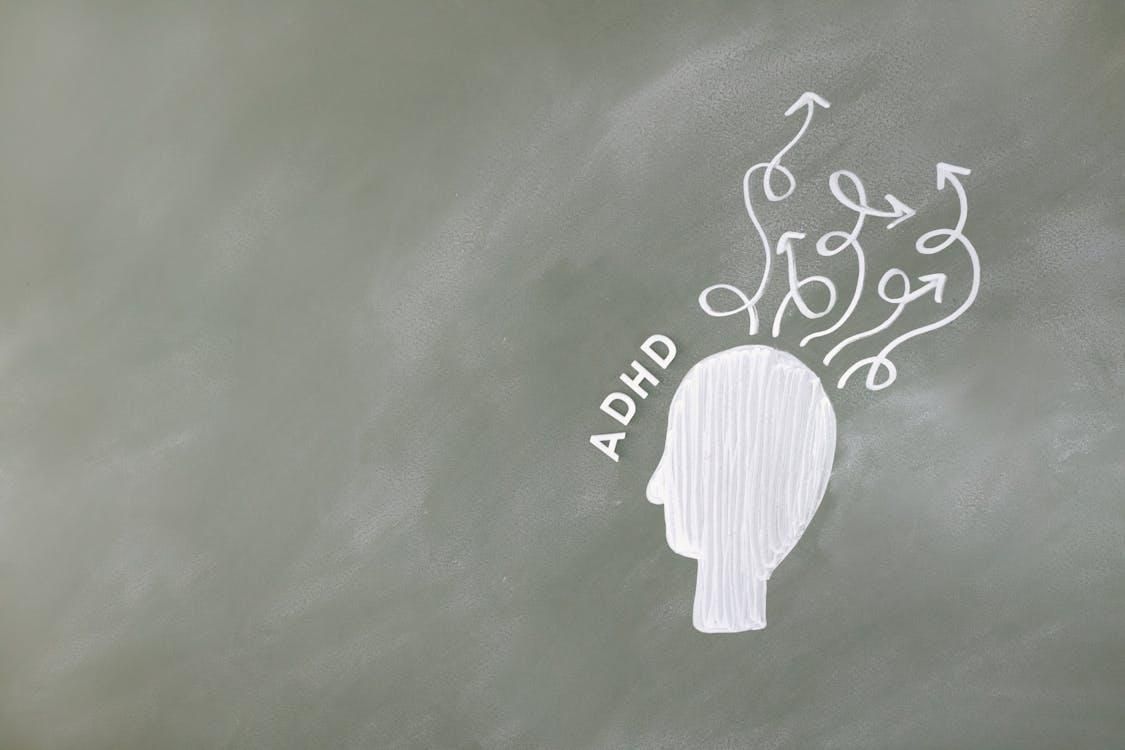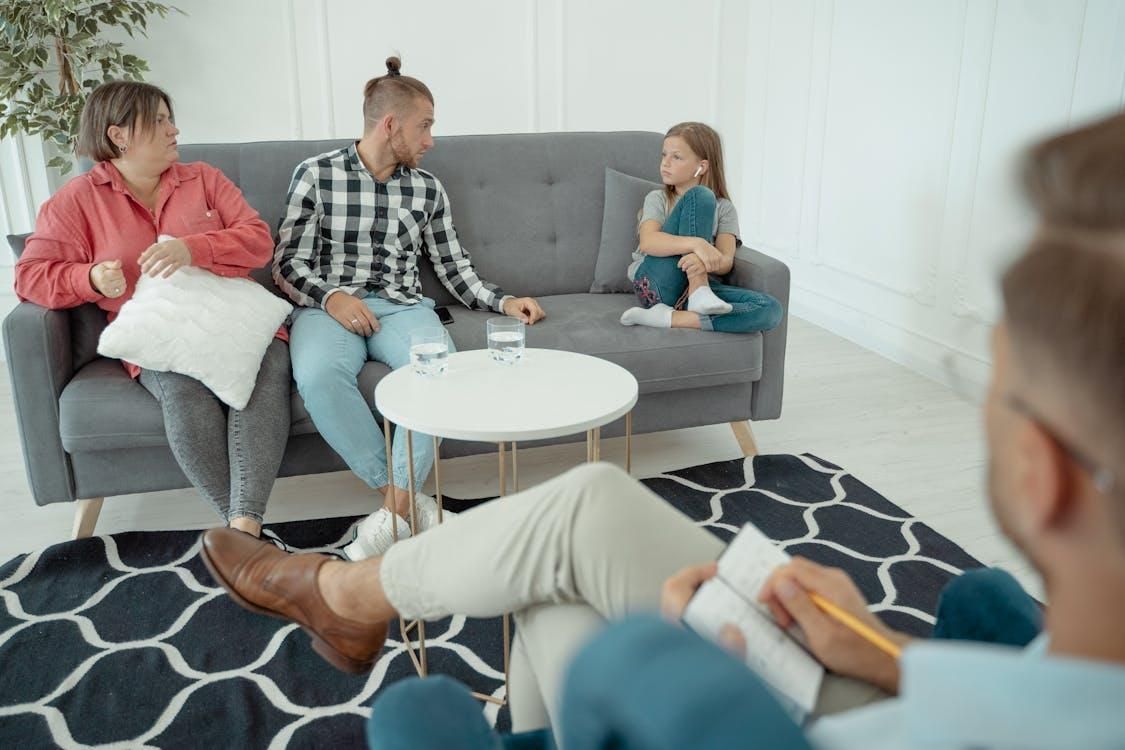Attachment Matters: Nurturing Secure Relationships for Mental Health
Attachment theory, established by John Bowlby, emphasizes the significant impact of early emotional bonds and relationships on an individual's mental health. By comprehending these associations, strategies can be developed to foster secure relationships and enhance mental well-being. Here’s all you need to know:
Understanding Attachment Theory
Attachment theory highlights the importance of the emotional connections formed early in life, particularly in childhood. These bonds established with primary caregivers, typically parents, play a pivotal role in shaping an individual's emotional responses and behavior patterns throughout their lives. The nature and quality of these attachments can have profound implications on future relationships and mental health.
Implications on Mental Well-being
Attachment theory suggests that one's attachment style, formed during childhood, can significantly influence relationships in adulthood. Anxious or avoidant attachment styles may lead to difficulties in forming and maintaining healthy relationships, thereby impacting mental health. Understanding one's attachment style is crucial in addressing mental health challenges and improving overall well-being.
Nurturing Secure Bonds: Strategies for Stronger Relationships
Fostering secure relationships necessitates a deliberate and consistent investment of time and effort. Effective communication, marked by active listening and the expression of emotions, acts as the bedrock for cultivating understanding and trust between individuals. Empathy, the ability to comprehend and resonate with others’ feelings, is crucial in creating an environment of emotional safety and support. Validation of emotions serves as a cornerstone, acknowledging and accepting the feelings expressed by those in the relationship. This validation establishes a sense of being heard and understood, further solidifying the emotional connection within the relationship.
Cultivating Lasting Connections: Efforts Towards Secure Relationships
Developing and nurturing secure connections is an ongoing process that demands consistent dedication and intentionality. Acts of kindness, both grand and small, serve as building blocks for a lasting and secure relationship. These acts can range from thoughtful gestures to consistent emotional support, demonstrating care and commitment within the relationship. Reliability, being dependable and trustworthy, is fundamental in fostering trust and security. Being consistently present and reliable in times of need cements the trust and deepens the bond between individuals.
Beyond the Individual: Impact on Society
Understanding attachment theory transcends personal well-being and has broader implications for society. When applied in various settings, such as educational institutions, workplaces, and communities, it fosters environments that prioritize empathy, understanding, and support. In educational institutions, integrating attachment theory principles can lead to more supportive learning environments, encouraging emotional growth and academic success. At workplaces, a deeper understanding of attachment theory can foster more empathetic and cooperative teams, resulting in increased productivity and job satisfaction. In communities, an understanding of secure relationships contributes to the development of a more compassionate and understanding society, creating a nurturing environment for individuals to thrive.
Talk to professionals
Nurturing secure relationships is fundamental to mental health. Understanding attachment theory empowers individuals to actively cultivate healthier connections through open communication, empathy, and consistent support.
For guidance and support in fostering secure relationships for enhanced mental well-being, consider talking to a mental health professional at Oasis Of Hope. Our services include depression treatment, anxiety treatment, and telepsychiatry care.
Contact us to book an appointment today!











